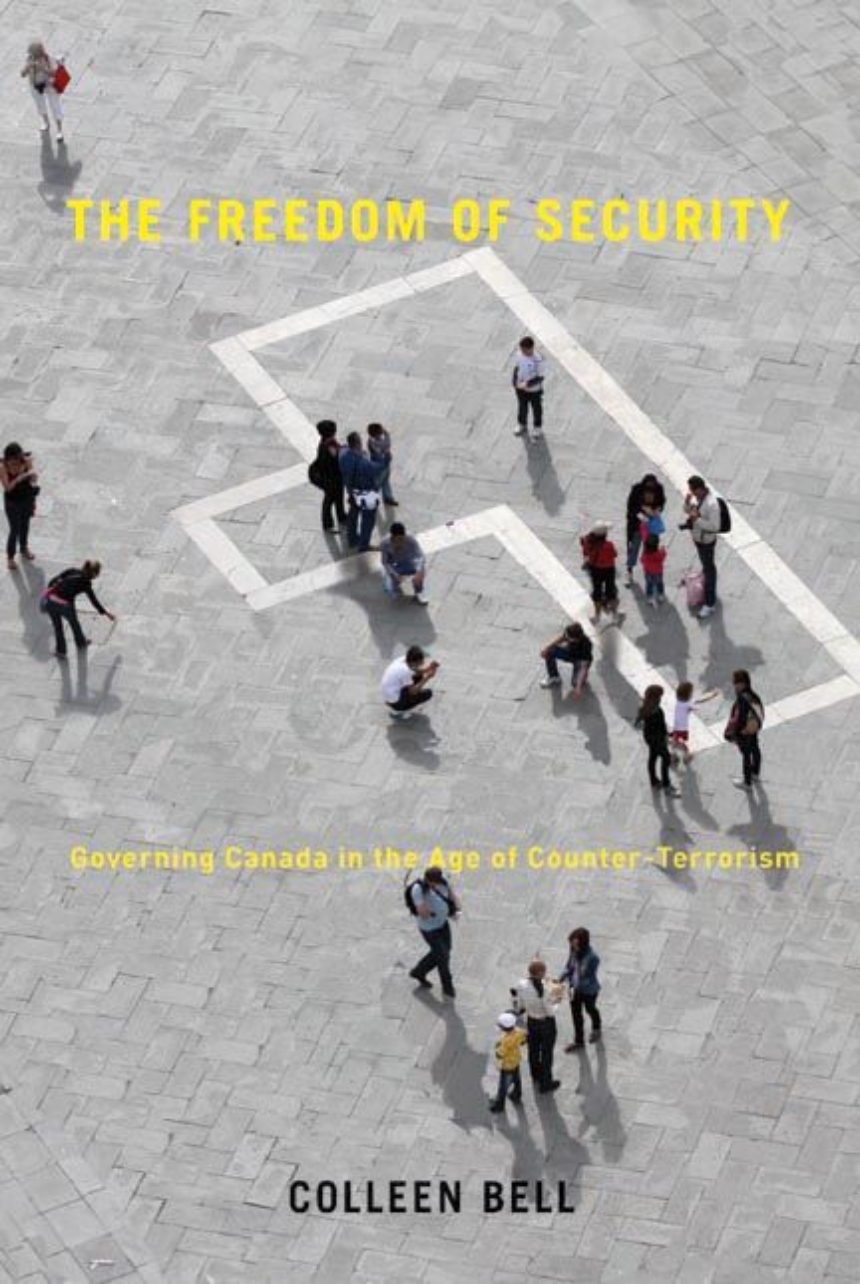University of British Columbia Press
The Freedom of Security
Governing Canada in the Age of Counter-Terrorism
9780774818261
9780774818254
Distributed for University of British Columbia Press
The Freedom of Security
Governing Canada in the Age of Counter-Terrorism
Post-9/11 security measures have sparked fears that the West is violating the very civil rights it strives to protect. Debates centre on the United States, but how have the politics of security influenced the commitment to freedom in other liberal democracies? Addressing security certificates to the war in Afghanistan to the detainment of Abdullah Almalki, Colleen Bell’s wide-ranging analysis demonstrates that Canada’s counter-terrorism practices are not a departure from liberal governance but rather a reconfiguration of its structures with an emphasis on security. She traces how the logic and practices of security are increasingly coming to define our rights and freedoms.
Table of Contents
Introduction: Relations of Freedom, Relations of Security
1 Opting In: Precautionary Engagement as National Security Strategy
2 The Socio-Legal Paradox of Freedom: Security Certificates and the Politics of Exception
3 Interventionary Designs: The Liberal Way of War in Afghanistan
4 Sovereignty and Refusal: The Violent Limits of Liberal Rights
Conclusion: Freedom beyond Security
Notes
References
Index

